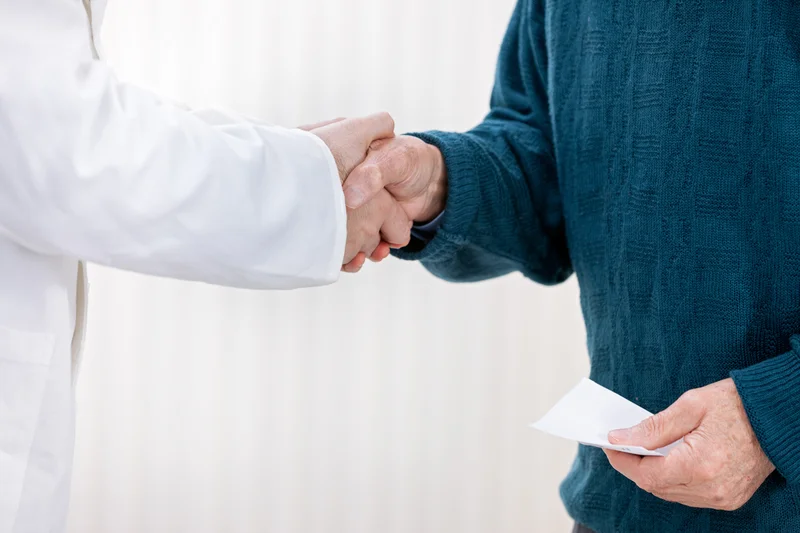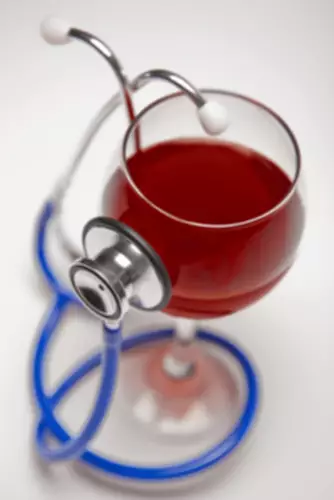
As this cycle repeats, the likelihood of addiction grows until it’s realized. Thankfully, treatment works at each stage, whether you’ve just started or have been in active addiction for years. Informed by her personal journey to recovery and support of loved ones in sobriety, Jessica’s empathetic and authentic approach resonates deeply with the Addiction Help community. Self-destructive behaviors almost always start with negative thoughts.
- As long as you enjoyed the way the substance made you feel, your brain will want you to continue to use that substance.
- In this next stage of addiction, the individual begins to use the substance repeatedly to feel the positive effects, cope with existing issues, or escape reality.
- The habits, relationships, and routines that once fueled your addiction need to be replaced with healthier choices.
Withdrawal: The Body’s Response to Absence
- It begins with experimentation and moves through regular use, dependence, and full-blown addiction.
- Variations in genes that code for dopamine are theorised to affect susceptibility to addiction.
- In fact, Crest View Recovery Center is a professional rehab center in Asheville, North Carolina.
- Whether it’s substance abuse or other addictive behaviors, the journey from initial experimentation to full-blown dependency follows a predictable pattern.
The support group message is generally that addiction is an ongoing disorder with a high risk of relapse. No single factor can predict if a person will experience addiction to drugs. Usually, a combination of factors influences the risk of addiction. Like many chronic diseases, addiction doesn’t just develop in one day.
Understanding the Cycle of Addiction
The risk of addiction increases in choose the correct cycle of addiction proportion to the number of traumatic events experienced. Research suggests that addiction risk is about 50-70% genetic, depending on the substance, and the rest is environmental. These are holistic programs that can additionally address possible co-existing disorders such as alcohol abuse alcohol addiction, and mental illness. They can even help you get a proper diagnosis for health issues or assist you in creating a strong support network.
Stage Three: Risky Use
Breaking free from the cycle of addiction isn’t easy, but it is possible. Change starts with recognizing what’s keeping you stuck and taking real steps to break the cycle. That might mean seeking professional help, building a stronger support system, or changing your daily environment. Many people have found a way out, even when it felt impossible. Recovery isn’t about being perfect—it’s about moving forward, one step at a time.

Stage 1: Drug Use
They will also likely experience severe cravings for the substance. Alcoholism treatment or drug addiction treatment is multifaceted, and professional help and a strong support system will give you the best chance of beating your addiction. It can manifest differently depending on the substance, but there are similarities across addictions. The best programs not only help you manage cravings and withdrawal symptoms, but they can also Halfway house limit the accessibility of drugs and limit alcohol use. They do this while protecting you from triggers when you’re most vulnerable.

- The brain tells the body that a particular substance is necessary for feeling better.
- Therapists, rehab programs, and support groups provide real tools to help you move forward.
- Identifying the stages of addiction can help you break the cycle of drug use and find the best treatment for your unique situation.
- Once an addiction forms, a person often remains trapped in a vicious cycle.
Learning to spot them early makes a huge difference in staying on track. Many support groups follow the 12-step model first developed by Alcoholics Anonymous. Withdrawals from different categories of drugs produce various side effects and require separate approaches. Early intervention can be one of the most effective forms of ‘treatment,’ but preventing substance use altogether offers the greatest crop of benefits.

For example, when it comes to illicit drugs used to feel a ‘high,’ even one use is considered abuse. They can also happen between stages, like tolerance development and dependence formation, when someone tries to stop their use but starts again. The stages of addiction typically involve initiating substance use, developing dependence, and eventually becoming addicted. This cycle can repeat through relapses, but it can also be broken with the proper support and intervention. Recovery.com combines independent research with expert guidance on addiction and mental health treatment.

Finding the Right Treatment Program
The hardest part is making that first decision to do something different. Therapy and counseling give you the tools to rebuild your life and take back control. Addiction isn’t just about substance use—it’s about what led you there. Talking to a professional helps you understand your triggers, emotions, and behaviors.

